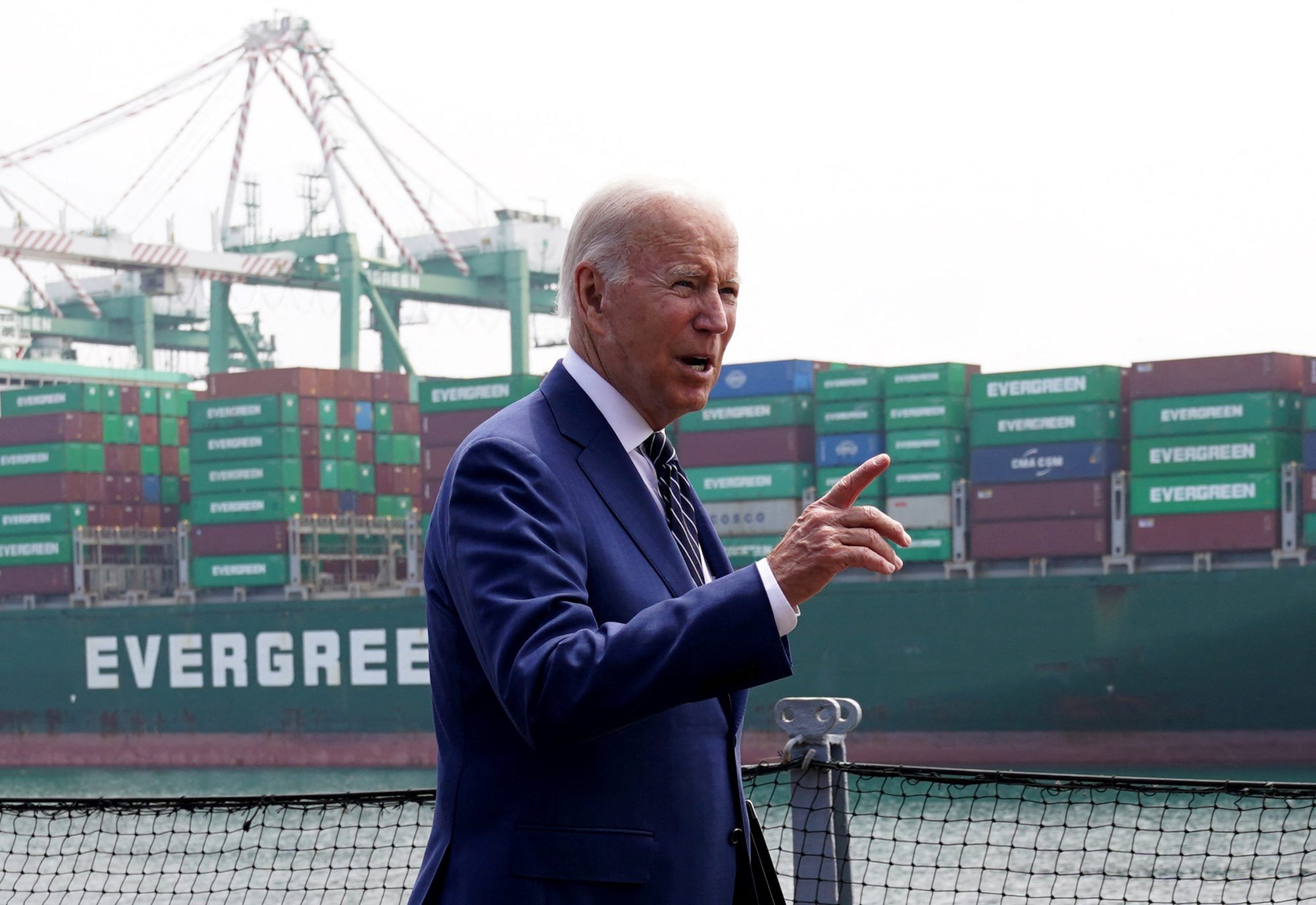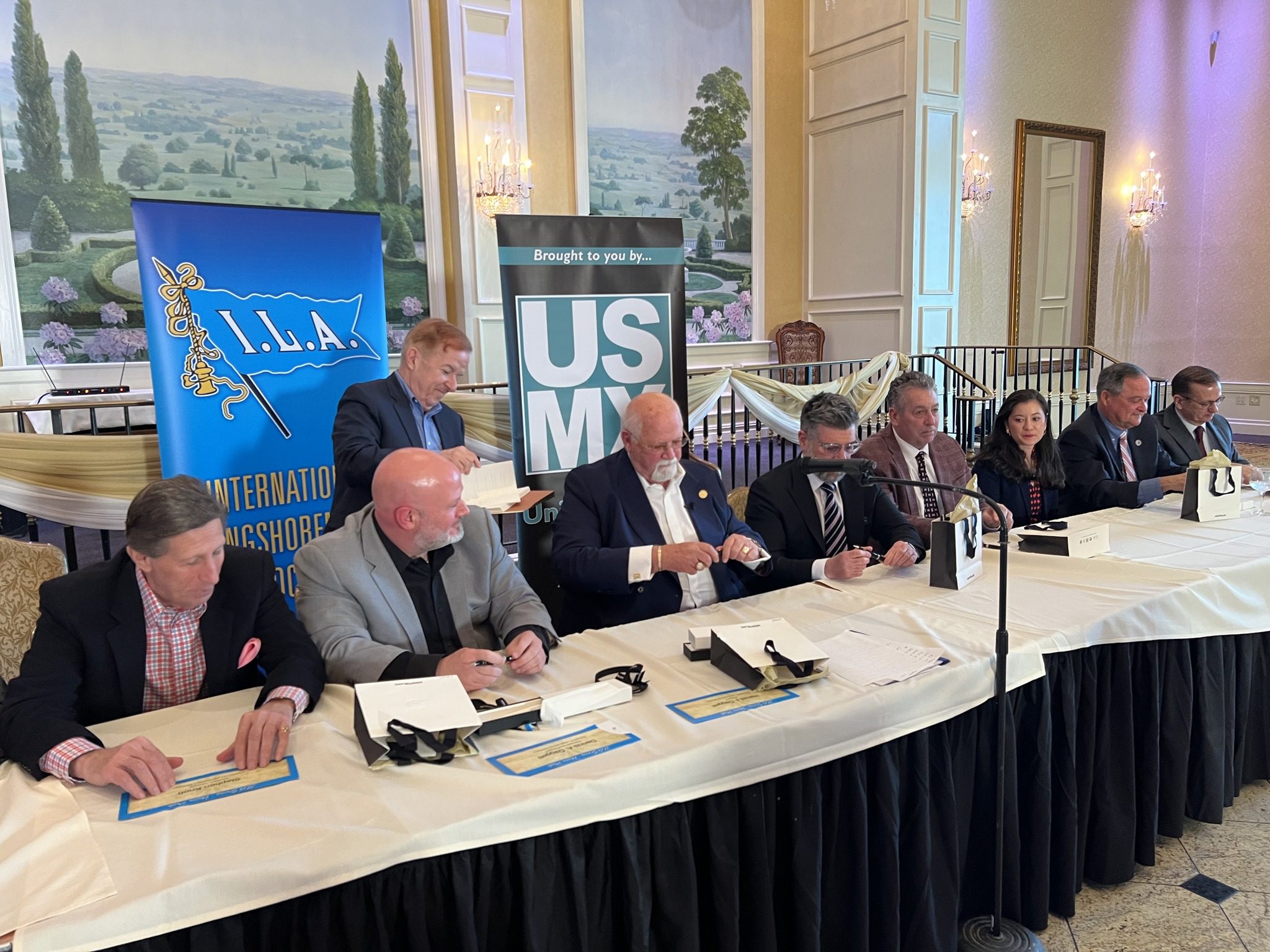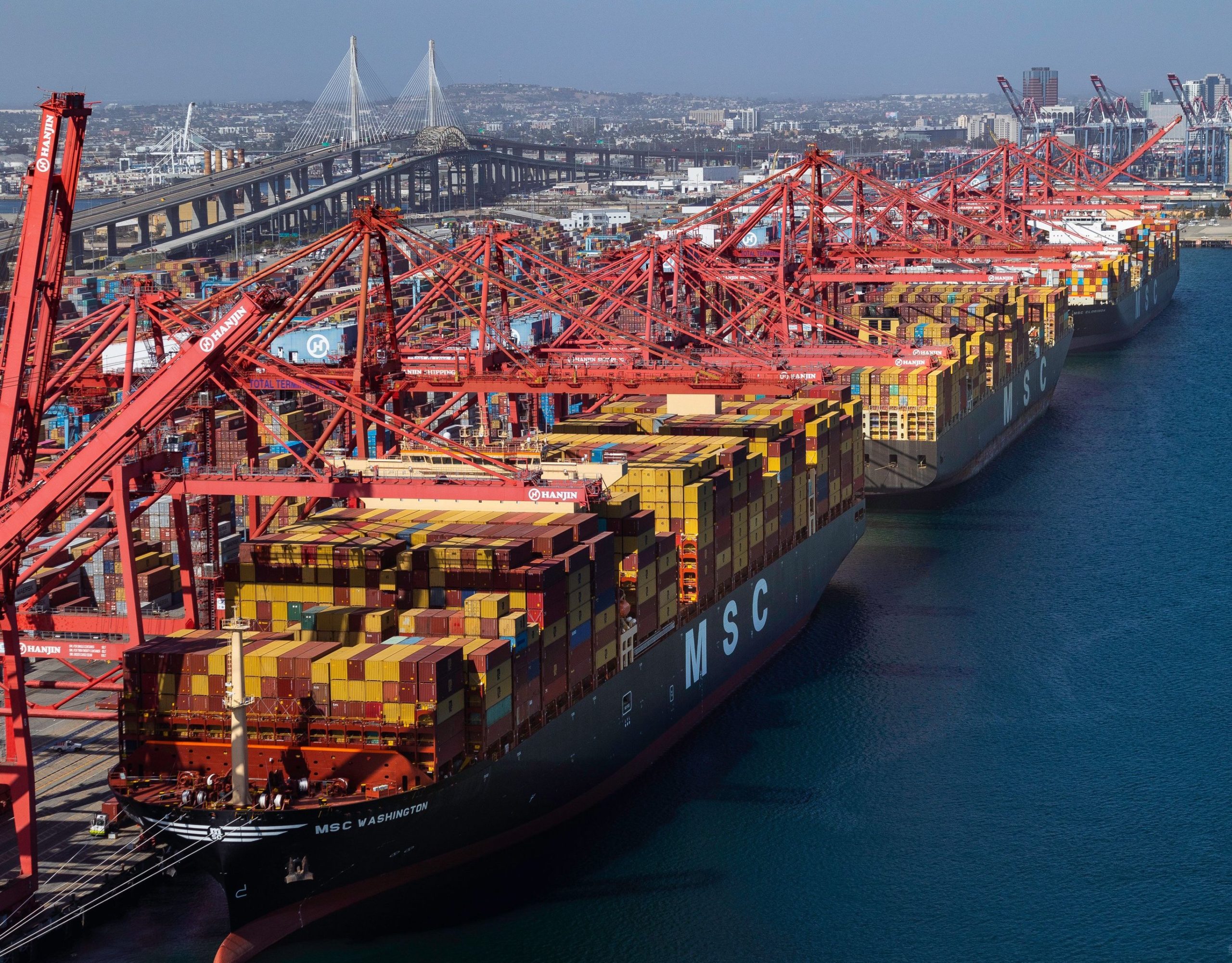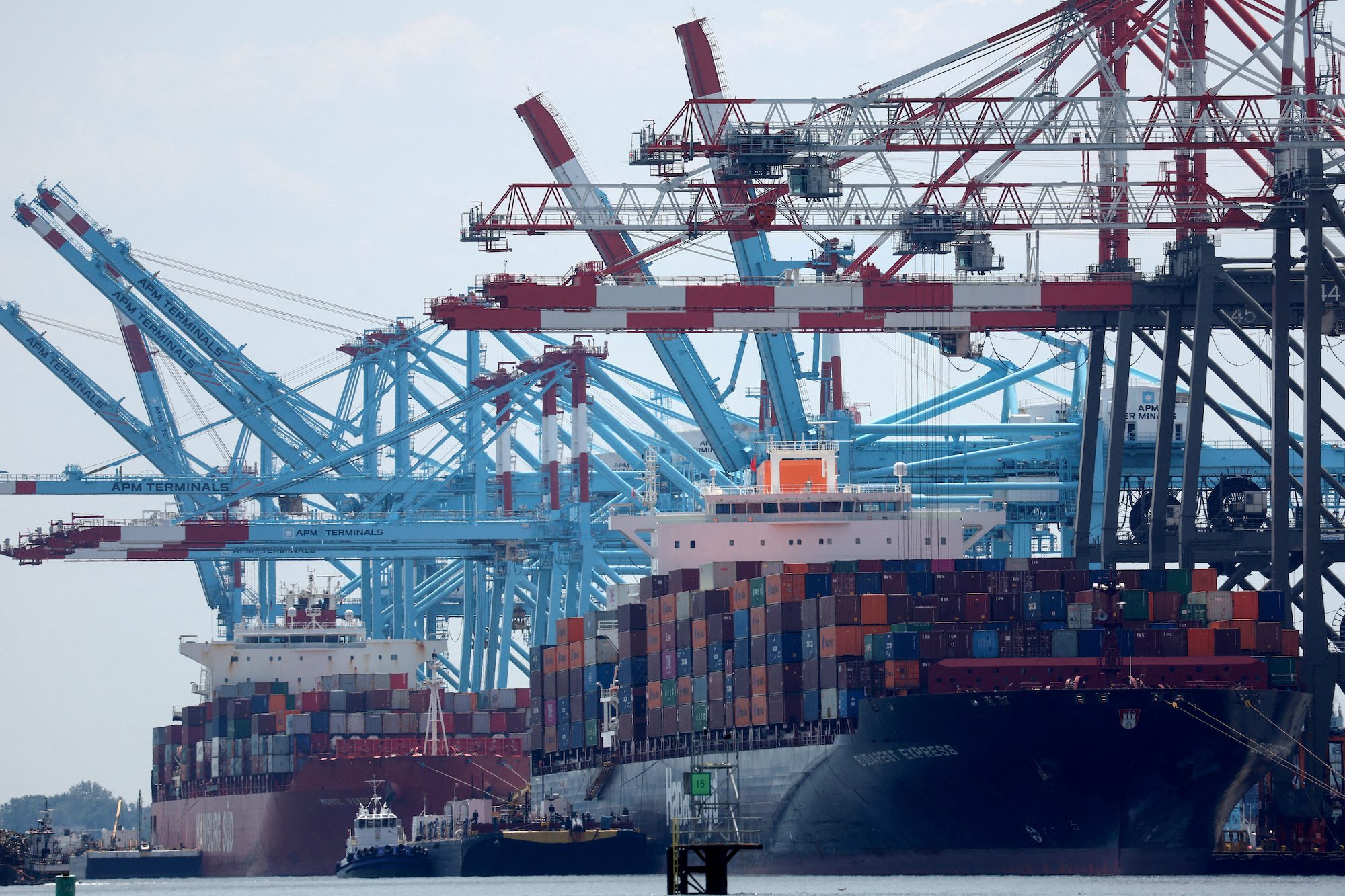Republican members of the Transportation and Infrastructure Committee and the House of Representatives have called on the Biden-Harris Administration to take immediate action to prevent a potential strike at East and Gulf Coast ports.
The stoppage, which is set to begin October 1, 2024, threatens to cause significant disruptions to supply chains and the U.S. economy as container terminals from Texas to Maine come to a standstill.
In a letter to the White House, 69 Members of Congress expressed their concerns about the stalled labor contract negotiations between the United States Maritime Alliance (USMX) and the International Longshoremen’s Association (ILA). The current Master Contract, covering 45,000 dockworkers, is set to expire on September 30, 2024.
The lawmakers emphasized the potential economic impact of a strike, stating, “If a work stoppage occurred at East and Gulf Coast ports in October, estimates suggest that a one-week strike would take until mid-November to recover from and clear the backlog of cargo. Estimates further suggest a two-week strike would take until 2025 to fully recover from. Lengthier strikes would have an even greater cascading disruption.”
The letter follows a briefing to Republican Committee Members by supply chain stakeholders, including retail, manufacturing, forestry, cotton, and trucking industry representatives, on potential strike impacts.
The letter highlights the maritime industry’s recent “significant operational challenges,” including pandemic-induced supply chain issues that fueled inflation, last year’s West Coast port labor dispute, low water levels in the Panama Canal, and ongoing Houthi-related disruptions in the Red Sea.
“Now with the potential for further disruption of service at East and Gulf Coast ports, carriers and importers are once again being forced to adjust shipments in anticipation of future delays,” the letter states.
ILA President Harold J. Daggett warned this week that “a sleeping giant is ready to roar on Tuesday, October 1, 2024, if a new Master Contract Agreement is not in place”. The union is seeking higher wages, arguing that current salaries have not kept pace with inflation and ocean carriers’ profits.
Despite calls for intervention from a coalition of 177 trade associations, a Biden administration official stated this week that the President does not intend to invoke the Taft-Hartley Act to prevent a strike. Instead, the administration encourages all parties to “remain at the bargaining table and negotiate in good faith”.
As the deadline approaches, the shipping industry faces significant uncertainty. Maersk has warned that even a one-week shutdown could result in 4-6 weeks of recovery time. The potential strike coincides with a surge in U.S. container imports that is expected to continue through at least October.
As negotiations continue, all eyes are on the Biden administration’s approach to this critical labor dispute and its potential impact on the U.S. economy ahead of the U.S. presidential election in November.
Editorial Standards · Corrections · About gCaptain

 Join The Club
Join The Club











